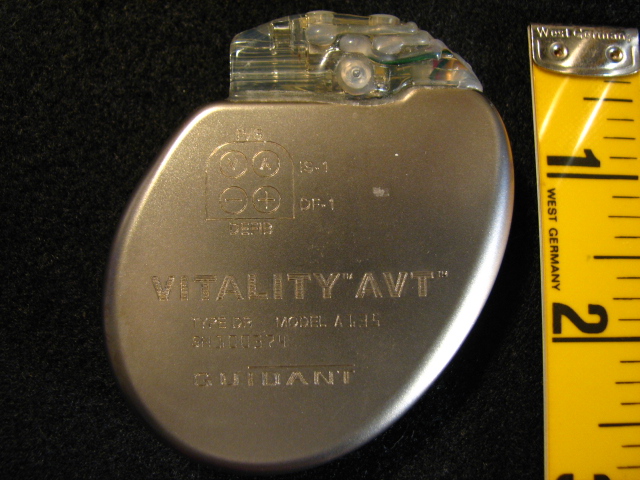

The abnormal focus can be located almost anywhere in the atrium, with common foci being along the crista terminalis in the right atrium or the pulmonary veins. The majority of neonates with AET also have frequent isolated PACs. Most AETs are paroxysmal in nature, resulting in little if any harm to the patient, but they may be incessant. This frequently involves rapid increases or decreases in heart rate over several beats rather than initiation or termination in a single beat. With an automatic focus, there are typically “warming up” and “cooling down” periods for the tachycardia. With this mechanism, there is abnormal firing of atrial tissue originating outside the sinus node. Atrial ectopic tachycardia is typically the result of an increased automaticity of atrial myocardium.

When three or more consecutive PACs occur in an infant or neonate at a rate faster than 120 beats per minute, the term atrial ectopic tachycardia (AET) is used.

Martin MBBS, FRACP, in Fanaroff and Martin's Neonatal-Perinatal Medicine, 2020 Atrial Ectopic Tachycardia


 0 kommentar(er)
0 kommentar(er)
